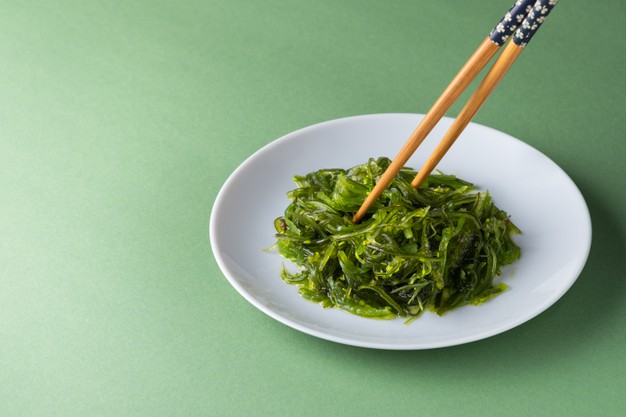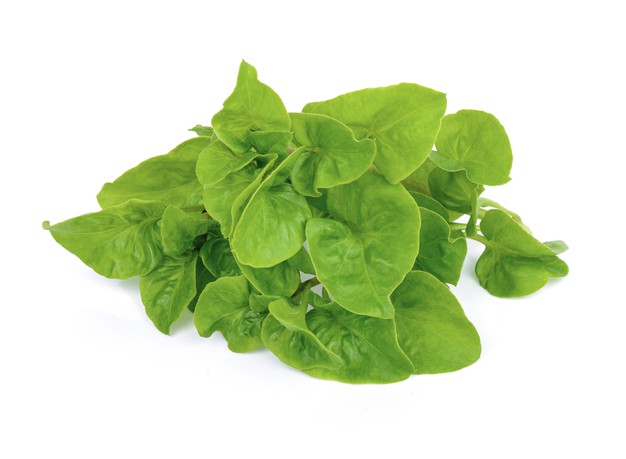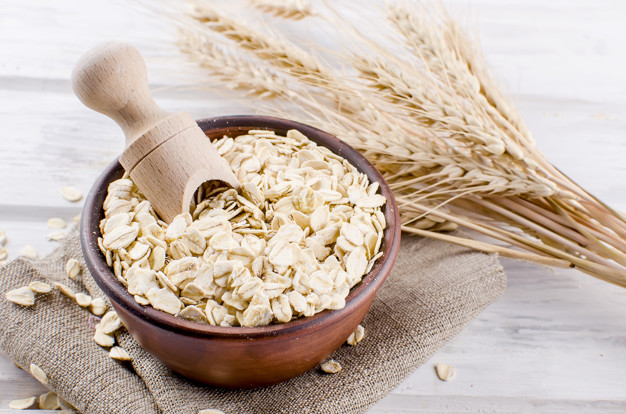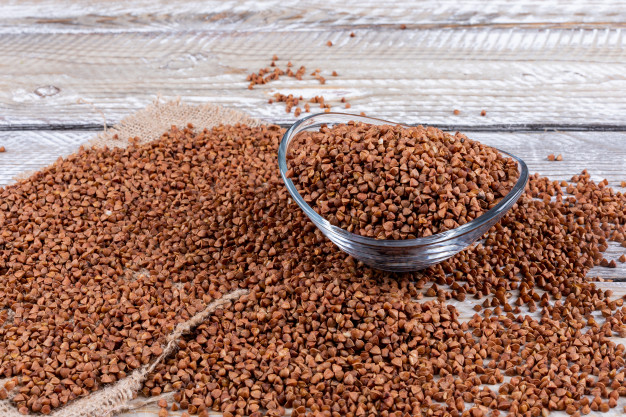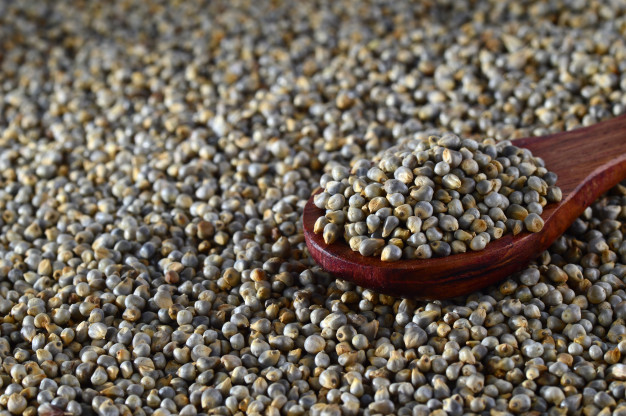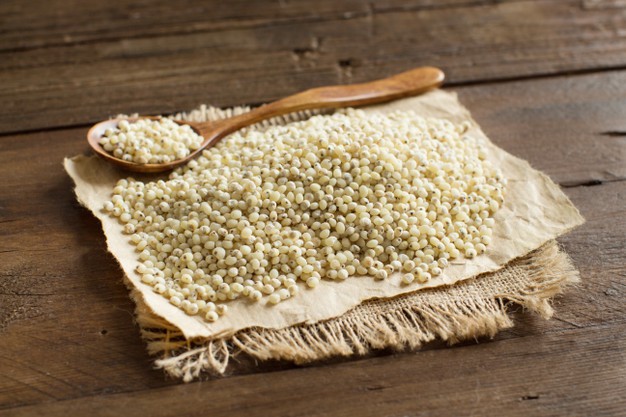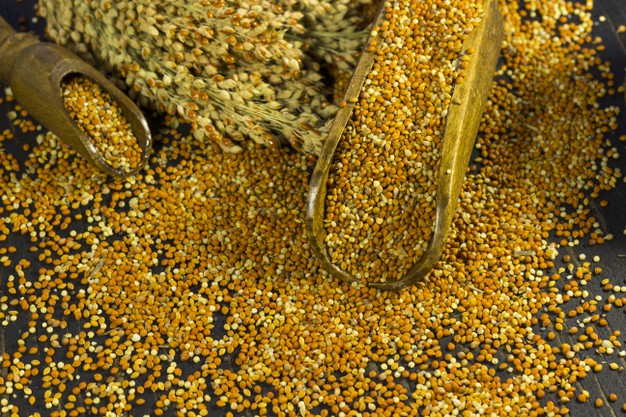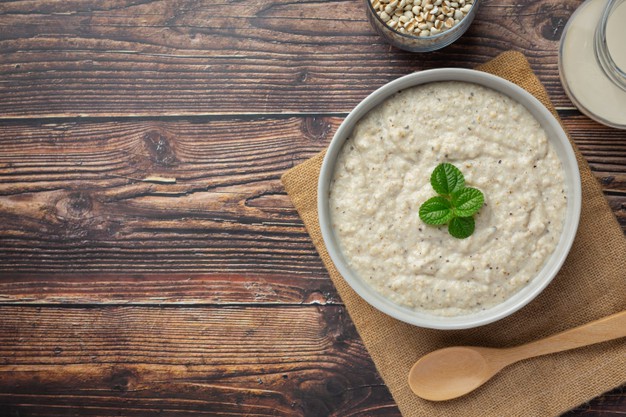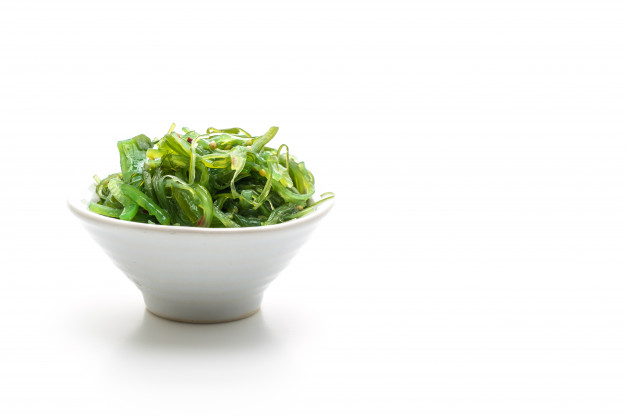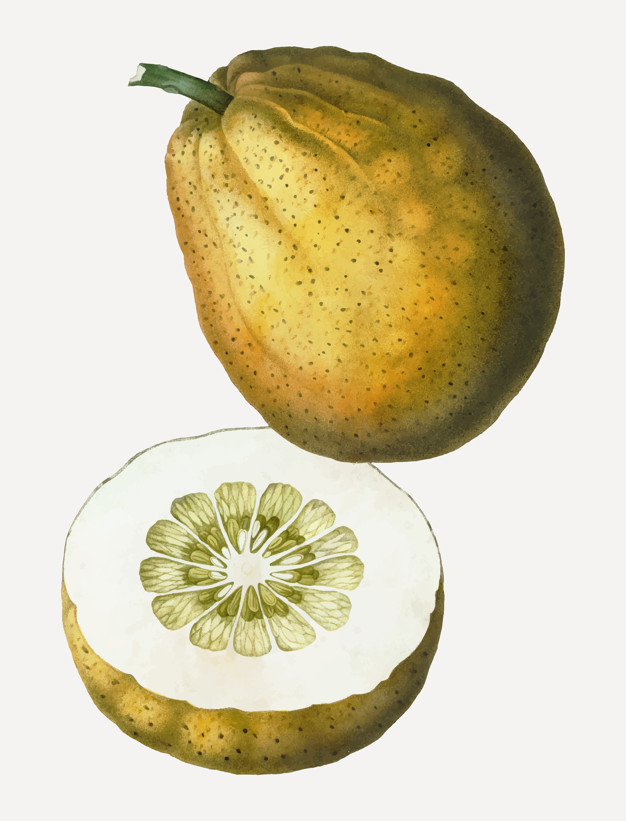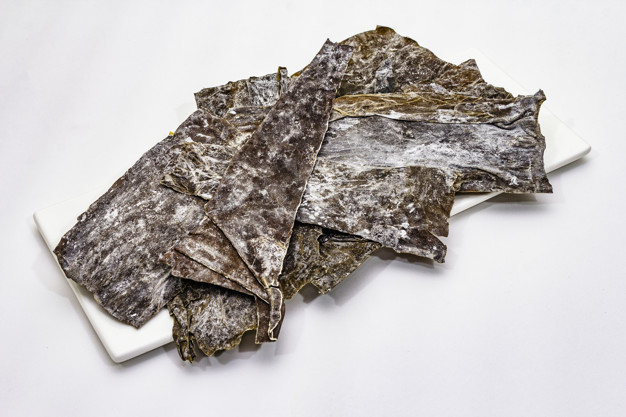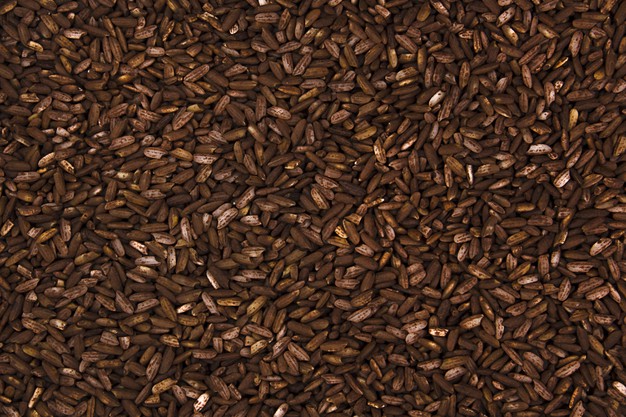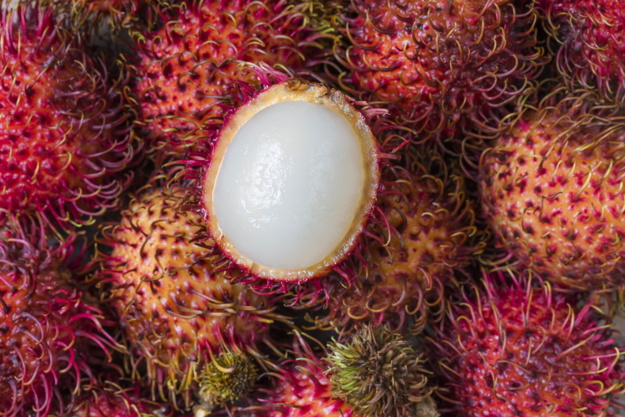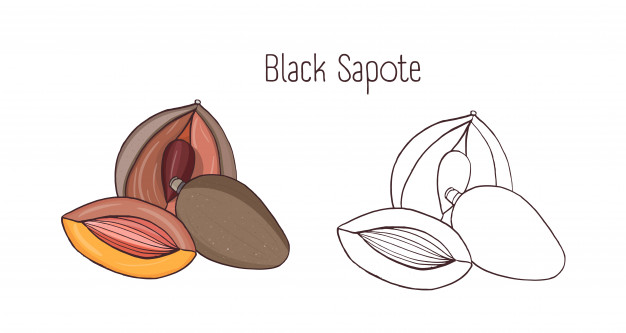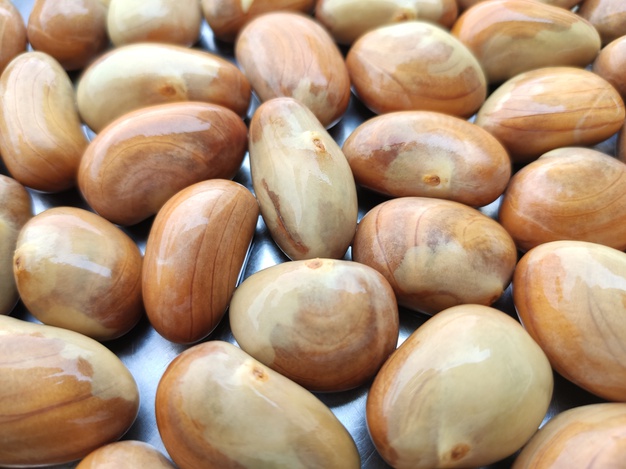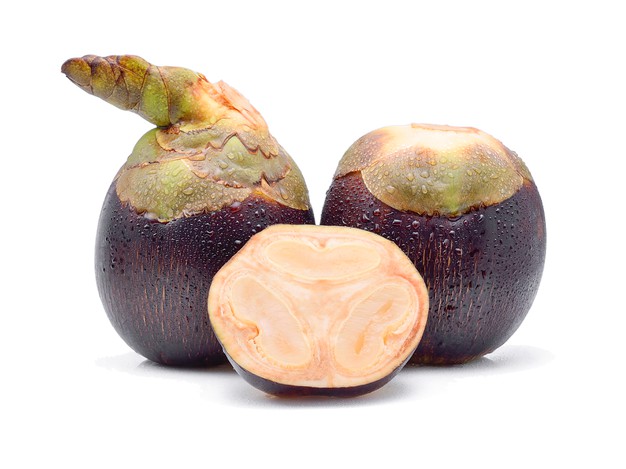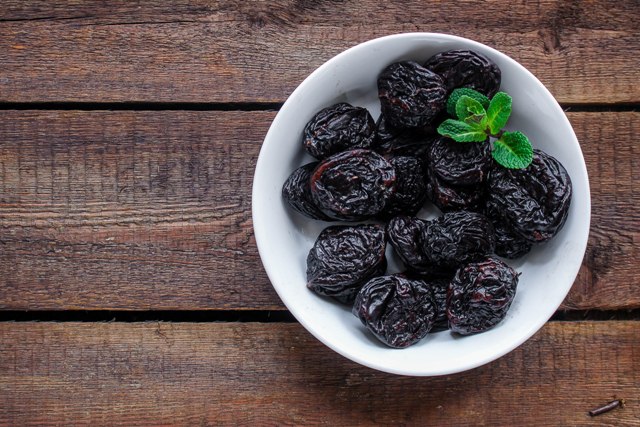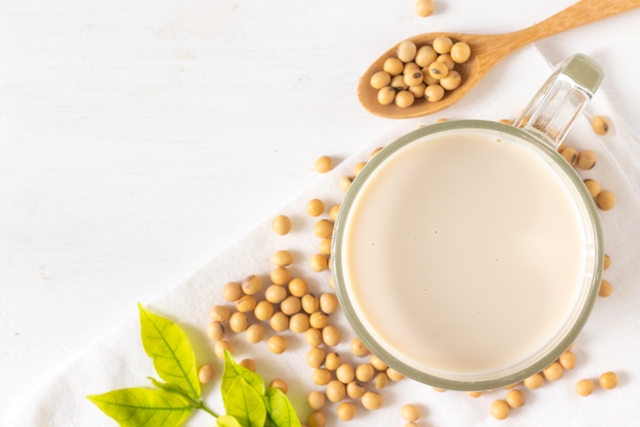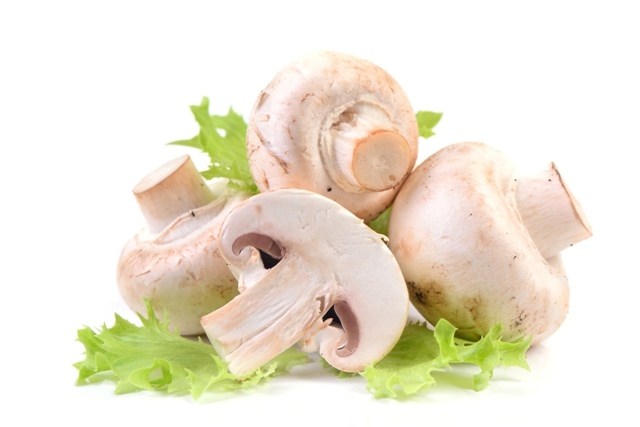Seaweed, fibre content, micronutrient contents, phytonutrients and nutraceutical activities
Description : Sea or ocean contains several nutritious plant species, which are collectively known as seaweeds.
Article Details :
Sea or ocean contains several nutritious plant species, which are collectively known as seaweeds. Basically seaweeds are packed with numerous important trace elements and bioactive compounds, which are extensively used for various therapeutic purposes.
Type
Several types of seaweed are found in nature, which include –
- Arame
- Chlorella
- Dulse
- Kelp
- Kombu
- Nori
- Sea lettuce
- Spirulina
- Wakame
All of the above stated seaweeds are widely used for preparing various dishes and all of them are extremely nutritious.
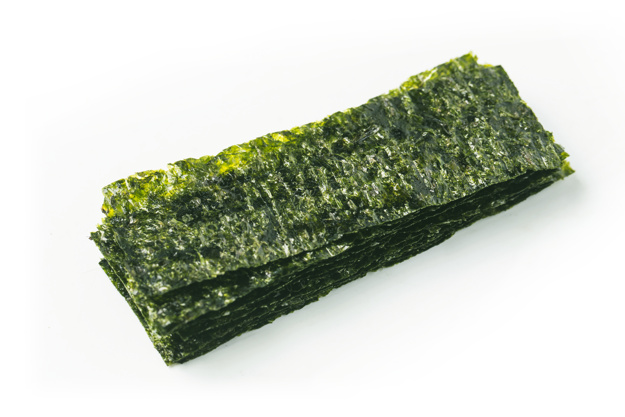
Nutritional profile
- It contains very less amount of carbohydrate
- It is significantly rich in fibre and contains both soluble as well as insoluble fibre
- It contains protein as well. It has seen that seaweed contains several vital amino acids
- It contains negligible amount of fat thus it is referred as low fat food
- It does not provide enough calorie on its oxidation thus it is considered as an ideal food for obes individual
- It contains several vitamins like Vitamin A, Vitamin E, Vitamin C, Vitamin K and Vitamin B complex. Among Vitamin B complex it is especially rich in Vitamin B1 and Vitamin B2
- It also contains various important trace elements, which include iron, iodine, manganese, copper, sodium, potassium, calcium, phosphorus and fluorine
- It contains various phytonutrients as well, which are responsible for exhibiting nutraceutical activities
Role of seaweed in health and disease prevention
Role on thyroid gland
- Thyroid gland is one of the most important endocrine glands of the body situated in the front of the neck and below the larynx. The main function of this gland is to produce thyroid hormones, which play various functions in body like regulating metabolism, cellular growth etc
- Thyroid gland produces thyroid hormones with the help of iodine. Iodine is an important trace element. It has seen that iodine binds with protein named thyroglobulin present in thyroid gland and produces thyroid hormones triiodothyronine or T3 and thyroxin or T4 respectively
- Seaweed is a great source of iodine thus its consumption is responsible for contributing adequate amount of iodine to the body, which helps in the normal synthesis of thyroid hormone
- Deficiency of iodine may lead to abnormal production of thyroid hormones that eventually develop hypothyroidism or hyperthyroidism. In order to prevent the above stated thyroid disorders it is better to consume a diet, which is rich in iodine and it can be easily done if seaweed is incorporated in diet
Role on digestive health
- Seaweed acts as an ideal food for intestinal beneficial microbes. Fibre present in seaweed is considered as the principal feed for intestinal flora. They break fibre into various compounds, which play significant role in improving gut health as well as gut immunity
- Inclusion of seaweed in diet is considered as the easiest way to provide gut healthy prebiotic fibre to the body
- Its fibre content is responsible for preventing constipation as it is associated with increasing bowel movement. It helps to make the stool bulky and soft, which also helps in easy defecation
- It also helps to improve colonic health by enhancing peristalsis. It has seen that its consumption is very effective for decreasing the risk of developing diverticular disease and colon cancer
- It is related with preventing indigestion and diarrhoea too
Role on weight management
- Individual who want to reduce their body weight should include seaweed in their diet
- Fibre content of seaweed is considered as the main component responsible for weight reduction. It has seen that fibre present in seaweed is associated with providing a feeling of fullness thus decreases food consumption, which ultimately facilitates weight reduction
- It is also responsible for delaying stomach emptying thus decreases hunger, which also decreases over eating
- Its fibre content is accountable for reducing total body fat percentage in body that also helps to prevent obesity
- It also helps to increase the metabolic rate of the body. As it increases calorie expenditure whereas restricts calorie intake by reducing hunger, it helps to develop a negative energy balance within body that significantly reduces body weight
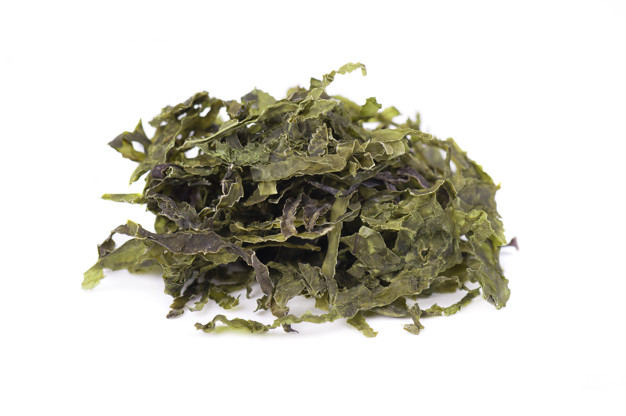
Antioxidant activity
- Vitamin A, Vitamin C, Vitamin E, flavonoids and carotenoids components of seaweed act as strong antioxidant, they help to protect the body from oxidative damages thus reduce the suscreptability of developing various chronic diseases like cardiac disease, cancers, diabetes etc
- It helps to decrease the concentration of free radicals and reactive oxygen species in body thus make them less reactive
- Consumption of Read more

